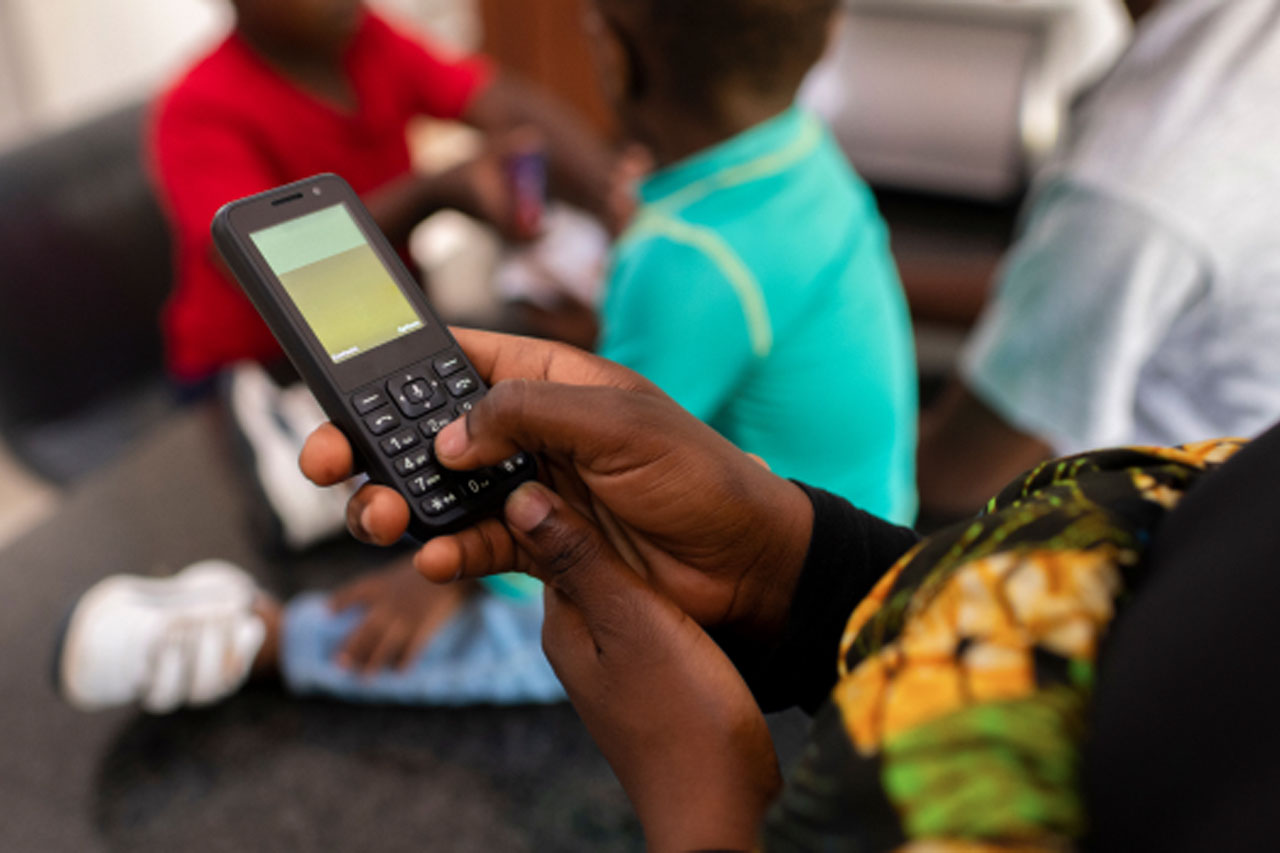Global Polio Eradication Initiative (GPEI) has made significant investments toward the eradication of the Poliovirus, as Africa was declared Wild Poliovirus free in August 2020[1]. Nonetheless, due to low population immunity, Circulating Vaccine-Derived Poliovirus (cVDPV) outbreaks continue to emerge and spread, with about 25 countries in Africa affected[2]. To urgently address cVDPV outbreaks, the GPEI is working with affected countries to improve the speed and quality of polio campaigns.
However, challenges with cash-based payments, such as delayed funds disbursements, lack of financial transparency, and numerous layers of funds transfers have continued to hamper polio campaigns and ultimately demotivate the frontline health workers. To address these issues, the World Health Organization Regional Office for Africa (WHO AFRO) with support from the Bill and Melinda Gates Foundation and technical assistance from Solina Centre for International Development and Research (SCIDaR) commenced an intervention to transition from cash to digital payments as part of the efforts to improve the quality and speed of polio campaigns. Between 2020 and 2022, SCIDaR supported WHO AFRO to design and deploy a digital payment system in seventeen countries in sub-Saharan Africa.
Over 955,000 health workers have been enrolled in national databases in seventeen (17) countries and more than 500,000 workers have been paid digitally in thirteen (13) countries[3]. For example, during the 2020 round 2 polio campaigns in Cote d’Ivoire, the average payment time was two hours, compared to a three-week average for cash payment processing, which demonstrates the substantial impact mobile money has on payment efficiency during outbreak campaigns[4].
Click here to download the English version and here to download the French version.
[1] Vaccine-Derived Polioviruses (GPEI)
[2] Polio Outbreak Countries (GPEI)
[3] Digital Finance Team weekly updates
[4] Polio Eradication Strategy 2022-2026
